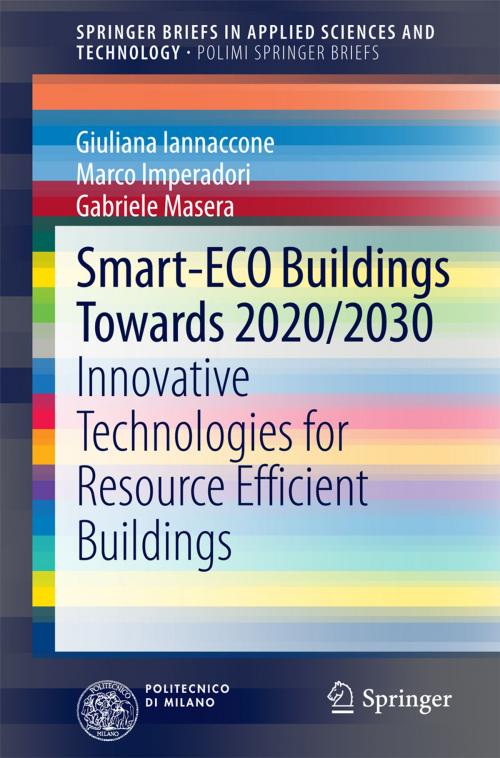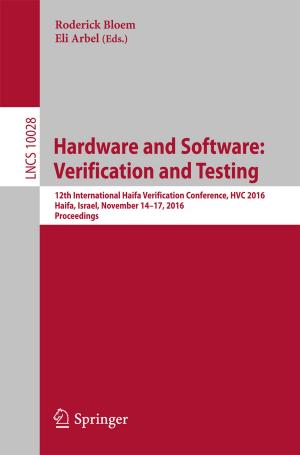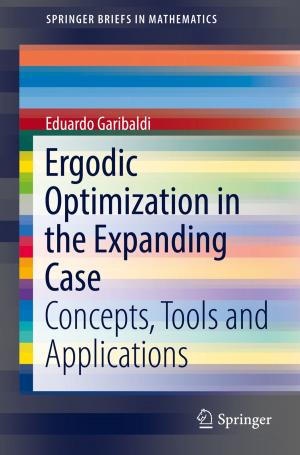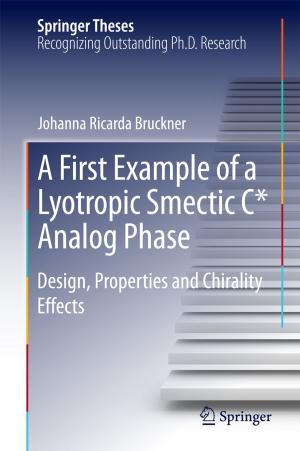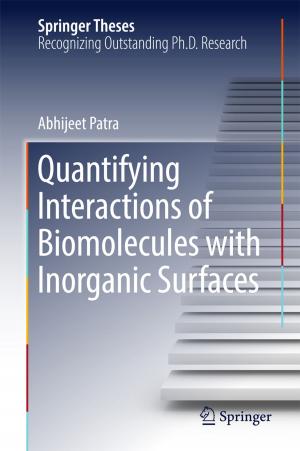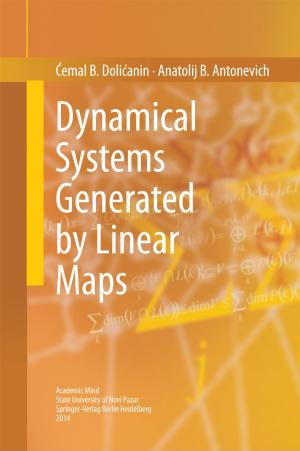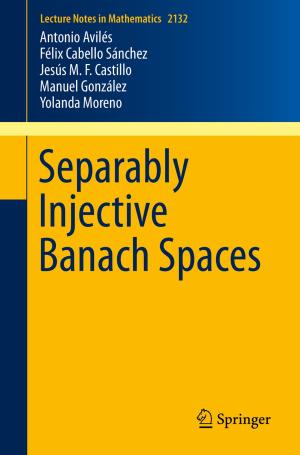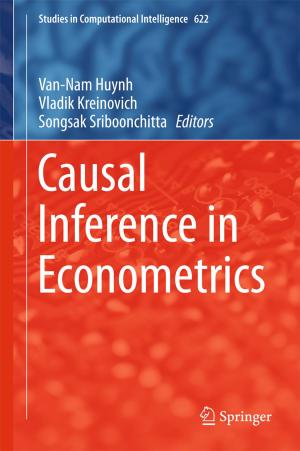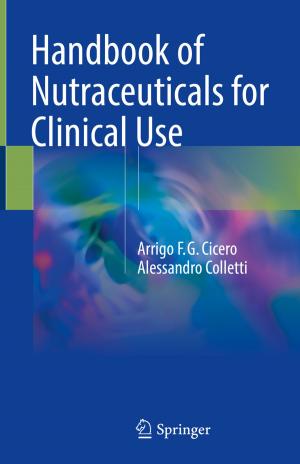Smart-ECO Buildings towards 2020/2030
Innovative Technologies for Resource Efficient Buildings
Nonfiction, Science & Nature, Science, Physics, Energy, Technology, Construction & Construction Trades| Author: | Giuliana Iannaccone, Marco Imperadori, Gabriele Masera | ISBN: | 9783319002699 |
| Publisher: | Springer International Publishing | Publication: | July 14, 2014 |
| Imprint: | Springer | Language: | English |
| Author: | Giuliana Iannaccone, Marco Imperadori, Gabriele Masera |
| ISBN: | 9783319002699 |
| Publisher: | Springer International Publishing |
| Publication: | July 14, 2014 |
| Imprint: | Springer |
| Language: | English |
The book aims to provide a basis for design and construction of resource-efficient buildings. The main concepts follow the vision of a European Sustainable Building as defined in the 2-years Smart-ECO research project funded by European Commission under the Sixth Framework Program. The focus is concentrated on innovations enabling the building sector to meet the requirements originating from the sustainability concept.
Innovation is considered at different scales: micro (product, service and process), meso (sector, supply chain, region and system) and macro (economy-wide).
Furthermore, the book focuses on aspects of relevance when striving to implement innovative technologies in building design: an integrated design process is indispensable to obtain a Smart-ECO building, independently of how effective a single technology is. Each chapter provides information on fundamental aspects of innovations towards resource-efficient buildings, shows examples and makes further guidance by way of a dedicated bibliography. Case studies are predominantly recent projects or experiences improving understanding and encouraging implementation.
The book aims to provide a basis for design and construction of resource-efficient buildings. The main concepts follow the vision of a European Sustainable Building as defined in the 2-years Smart-ECO research project funded by European Commission under the Sixth Framework Program. The focus is concentrated on innovations enabling the building sector to meet the requirements originating from the sustainability concept.
Innovation is considered at different scales: micro (product, service and process), meso (sector, supply chain, region and system) and macro (economy-wide).
Furthermore, the book focuses on aspects of relevance when striving to implement innovative technologies in building design: an integrated design process is indispensable to obtain a Smart-ECO building, independently of how effective a single technology is. Each chapter provides information on fundamental aspects of innovations towards resource-efficient buildings, shows examples and makes further guidance by way of a dedicated bibliography. Case studies are predominantly recent projects or experiences improving understanding and encouraging implementation.
